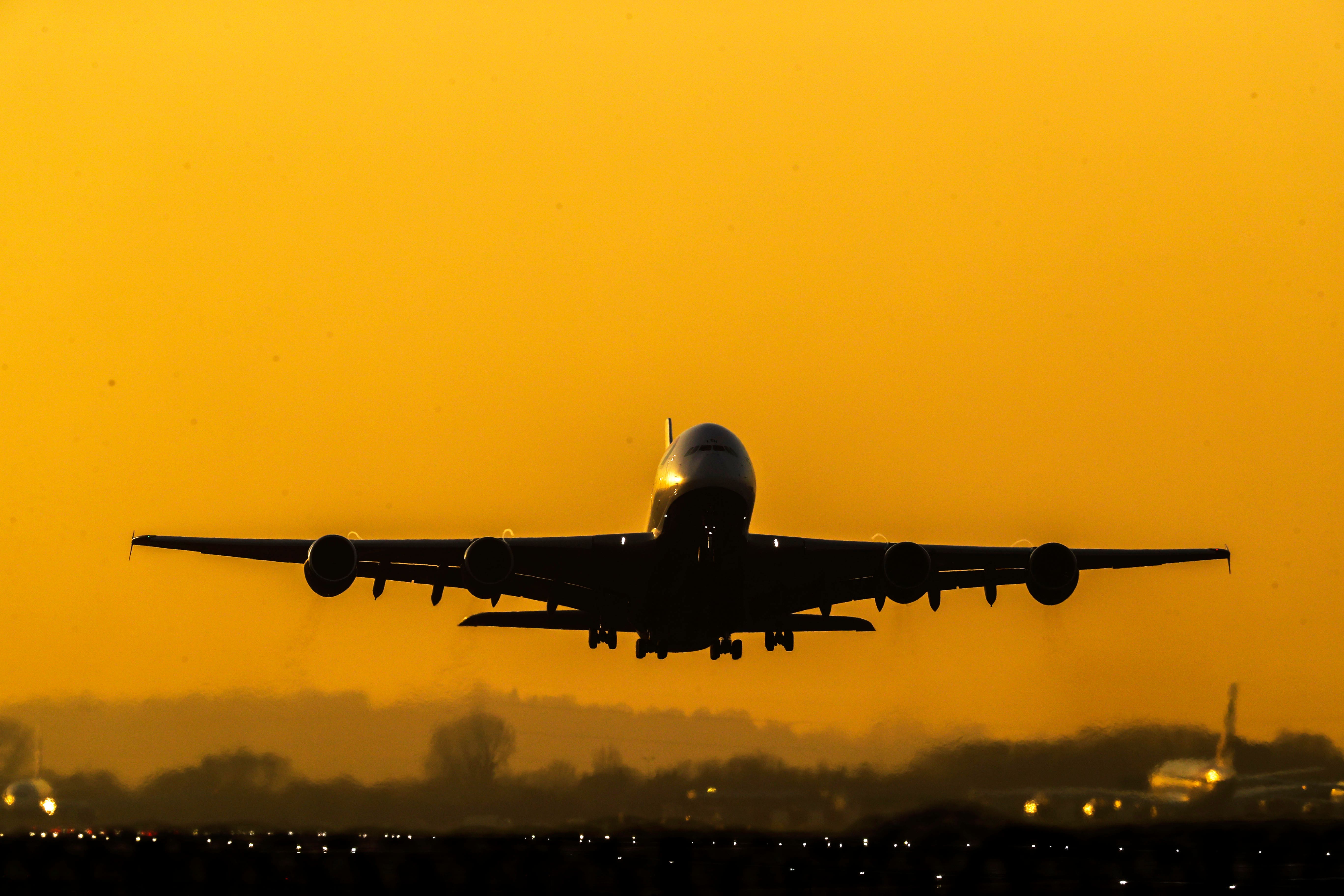Urgent scam warning to anyone booking flights in the UK
Scammers are impersonating airlines to ask for enough information to enable them to commit identity fraud

Scammers are impersonating every major airline operating in the UK on social media, according to new analysis.
Consumer group Which? said fraudsters on X – formerly known as Twitter – are responding to messages sent to official accounts.
It found scammers impersonating airlines to ask for enough information to enable them to commit identity fraud.
Which said one of its researchers who posted a message to the official account for Wizz Air to ask if a flight was delayed received responses from two fake accounts “almost immediately”.
It went on: “Both used near-identical language, apologising for the inconvenience, stating that they had ‘already escalated this matter to the relevant department’ and requesting a ‘reachable WhatsApp number for assistance’ via DM (direct message).
“We found examples of bogus X accounts impersonating every major airline operating in the UK, including British Airways, easyJet, Jet2, Ryanair, Tui, Virgin Atlantic and Wizz Air.
“We also discovered that fake accounts are often quicker to respond than the genuine airlines, but they also interrupt existing conversations between you and airlines, which can be harder to spot.”

X has been approached for a comment.
Which? said reporting fake accounts to X “seems to have limited success”, with most of the posts and accounts it flagged remaining live.
It advised passengers to verify if an account is genuine by checking for a link on an official website, when it joined X and how many followers it has.
Rocio Concha, Which? director of policy and advocacy, said: “Unscrupulous fraudsters are shamelessly trying to trick airline customers seeking urgent customer service advice via X for stressful situations, such as delayed flights and lost luggage.
“There is an epidemic of fraud gripping the UK and that’s why Which? wants the next government to appoint a dedicated fraud minister and make fighting fraud a national priority.
“X and other social media platforms need to be held to a high standard and Ofcom must not shy away from taking strong enforcement action, including fines, against firms if they break the law.”
An easyJet spokesman said: “We continue to report fake accounts to X so they can take any necessary action and we advise customers to only follow and engage with our sole official channel @easyJet, which is identifiable by the gold verification badge for official businesses, for the latest updates or to seek support and to be vigilant and to not engage with or click on any links from other accounts.”
Wizz Air said: “We have seen a rise in fake accounts on X and we report as many unofficial accounts as possible.”
Bookmark popover
Removed from bookmarks